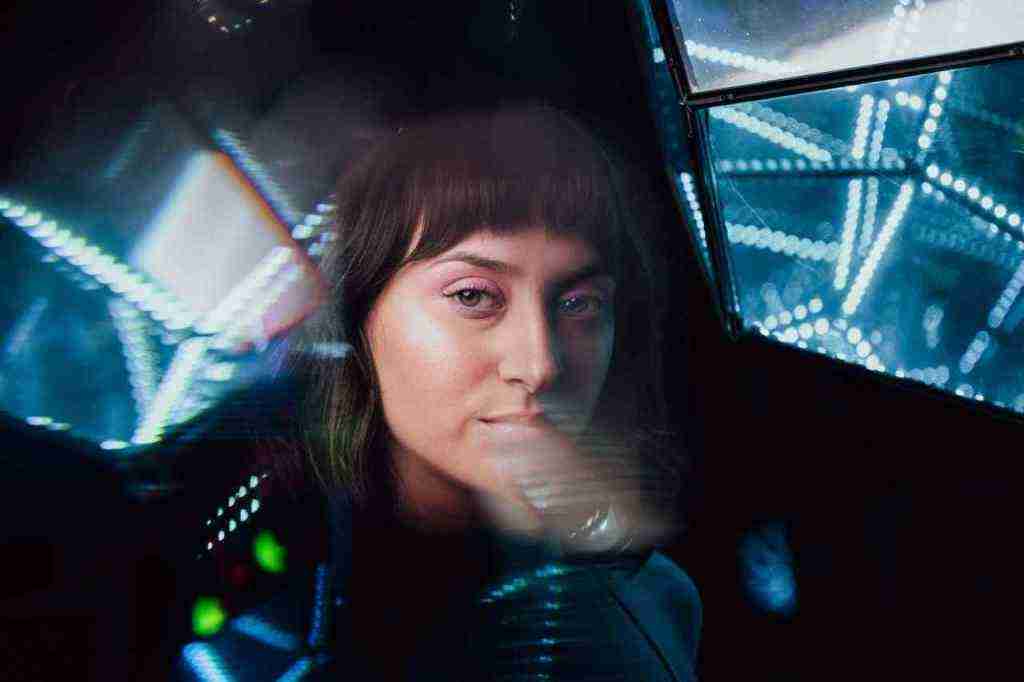OpenAI’s Scarlett Johansson Controversy
The recent release of the new ChatGPT version by OpenAI sparked a controversy involving Hollywood actress Scarlett Johansson. OpenAI claims that the chatbot’s voice, dubbed “Sky,” was not modeled after Johansson’s voice and was not intended to resemble her. However, Johansson strongly objects, asserting that the voice is “eerily similar” to her own.
Sam Altman’s Intent and Johansson’s Objection
Sam Altman, CEO of OpenAI, maintains that the voice was created by a hired voice actor and was not designed to replicate Johansson’s voice. Despite this, Johansson insists that the voice is “so uncannily similar” to hers that she finds it “deeply unsettling.”
In a statement, Johansson expressed concerns that her voice is being “commodified” and that she was not given the opportunity to consent to its use. She further emphasized that she would have refused permission had she been asked.
OpenAI’s Casting Process and Johansson’s Timeline
OpenAI alleges that it hired a professional voice actor for the “Sky” voice before contacting Johansson’s agent. However, Johansson’s representatives claim that Altman first reached out to her about voicing the chatbot in September 2023.
Johansson’s camp maintains that Altman sent a second request in late 2023, which she did not respond to as she was considering the implications of lending her voice to an AI chatbot. However, OpenAI released the new ChatGPT version with the “Sky” voice in September 2023, before Johansson had the chance to fully consider Altman’s second request.
OpenAI’s Lack of Trust
OpenAI’s reputation has been clouded by allegations of intellectual property theft and its role in the proliferation of deepfakes. Sam Altman, the company’s CEO, has been criticized for his alleged manipulative behavior and inconsistency in addressing concerns about AI safety. Former employees have also voiced concerns about the company’s leadership and safety priorities.
A recent poll conducted by Pew Research Center revealed that a majority of Americans (62%) view OpenAI unfavorably. Moreover, 58% of Americans are concerned about the rapid advancement of AI technology. OpenAI faces an uphill battle in regaining public trust and demonstrating its commitment to responsible AI development.
Public Opinion and OpenAI’s Responsibility
The public’s growing apprehension towards AI highlights the critical need for transparency, accountability, and ethical considerations in the development and deployment of AI technologies. OpenAI has a responsibility to address these concerns head-on by engaging in open dialogue, investing in safety measures, and actively addressing potential risks associated with AI.
The company must prioritize transparency in its operations and decision-making processes. It should provide clear explanations for its AI development choices and engage in regular stakeholder consultations to gather diverse perspectives. OpenAI should also invest heavily in developing robust safety measures to mitigate potential risks and prevent misuse of its AI technologies.
By fostering a culture of responsibility and ethical considerations, OpenAI can begin to rebuild public trust and position itself as a leader in the responsible development and deployment of AI technologies. Only through open dialogue, transparency, and a commitment to safety can the company regain the public’s confidence and shape a future where AI serves humanity for the better.
Conclusion
The Scarlett Johansson controversy has ignited a broader conversation about the ethical implications of using female voices for AI assistants. It has also raised concerns about the trustworthiness of OpenAI and the need for transparency and accountability in the development and deployment of AI technologies.
As AI continues to rapidly evolve, it is imperative that we approach its development with a balanced perspective that considers both its potential benefits and risks. By fostering responsible AI practices, prioritizing transparency, and engaging in open dialogue with the public, we can ensure that AI technologies serve humanity for the greater good.
